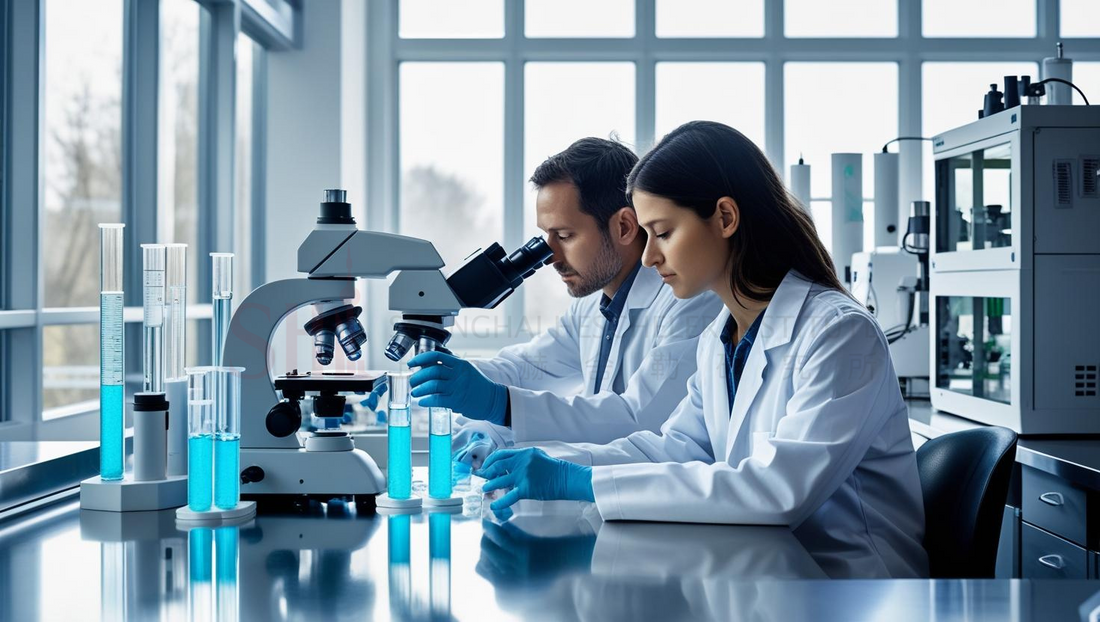
Stem Cell Revolutions at the University of Cologne
Share
Featuring Prof. Dr. Jürgen Hescheler, a Pioneer in Electrophysiological Characterization
Prof. Dr. Jürgen Karl‑Josef Hescheler has been a cornerstone of stem cell research at the University of Cologne for over three decades. As Chair and Director of the Institute for Neurophysiology, he was among the first scientists globally to perform electrophysiological recordings on embryonic stem cells, establishing the foundation for functional characterization of cardiomyocytes derived from stem cells Loop+10physiologie.uni-koeln.de+10emedevents.com+10.
Breaking Ethical Ground: Human Embryonic Stem Cell Research
In 2002, Hescheler became the first German scientist permitted to conduct research on human embryonic stem cells, paving a crucial path for ethical and legal frameworks in the country Wikipedia. He has since coordinated major European consortia—FunGenES, CRYSTAL, ESNATS, and DETECTIVE—addressing genomic, cryopreservation, and toxicological aspects of stem cell applications physiologie.uni-koeln.de+1aminer.cn+1.
⚙️ From Molecular Biology to Regeneration Applications
Electrophysiology and Cardiomyocyte Differentiation
Hescheler’s breakthroughs include defining the electrophysiological properties of cardiomyocytes derived from embryonic stem cells. His lab continues to innovate protocols for differentiating human induced pluripotent stem cells (hiPSCs) into cardiac cells—critical for regenerative therapies and safety pharmacology assessments emedevents.com+11physiologie.uni-koeln.de+11ResearchGate+11.
Translational Approaches to Heart Repair
In a 2019 review published in Cell Physiology and Biochemistry, Hescheler and colleagues evaluated diverse stem cell types—including spermatogonial stem cells—for use in cardiac regeneration. Their work highlights promising strategies for repairing damaged myocardium through paracrine signaling and direct cell replacement ResearchGate+5PubMed+5aminer.cn+5.
🌐 International Leadership & Community Impact
Founding the German Society for Stem Cell Research (GSZ)
In 2003, Hescheler founded the Deutsche Gesellschaft für Stammzellforschung (GSZ). As its president, he fostered Germany’s academic community, organizing training programs, conferences, and scientific exchange focused on fundamental stem cell biology Wikipedia+1physiologie.uni-koeln.de+1.
Global Research Influence
Hescheler’s work has earned international recognition: his publications garner over 1,000 citations per year, and his discipline‑specific H‑index exceeds 90, according to research metrics Research.com+2Wikipedia+2Biografie von Wissenschaftlern+2.
🧾 Professor Hescheler’s Key Contributions — Summary
| Research Area | Contribution |
|---|---|
| Electrophysiology of Stem Cells | First to measure electrical properties of ES‑cell–derived cardiomyocytes |
| Stem Cell Ethics & Policy | Introduced Germany’s first research permissions for human embryonic stem cells |
| Consortia Leadership | Coordinated major projects on genomics, cryobanking, and toxicological testing |
| Regenerative Medicine Review (2019) | Explored therapeutic applications of spermatogonial and pluripotent stem cells |
| Professional Leadership | Founder of Germany’s GSZ stem cell research network |
📚 Final Thoughts & Insight
Prof. Hescheler's contributions to stem cell research at the University of Cologne stand at the intersection of basic molecular breakthroughs, ethical leadership, and clinical translation. His pioneering work in electrophysiology defined a new paradigm in stem cell biology, while his leadership in international research consortia and scientific societies shaped policy, safety standards, and global collaboratio
